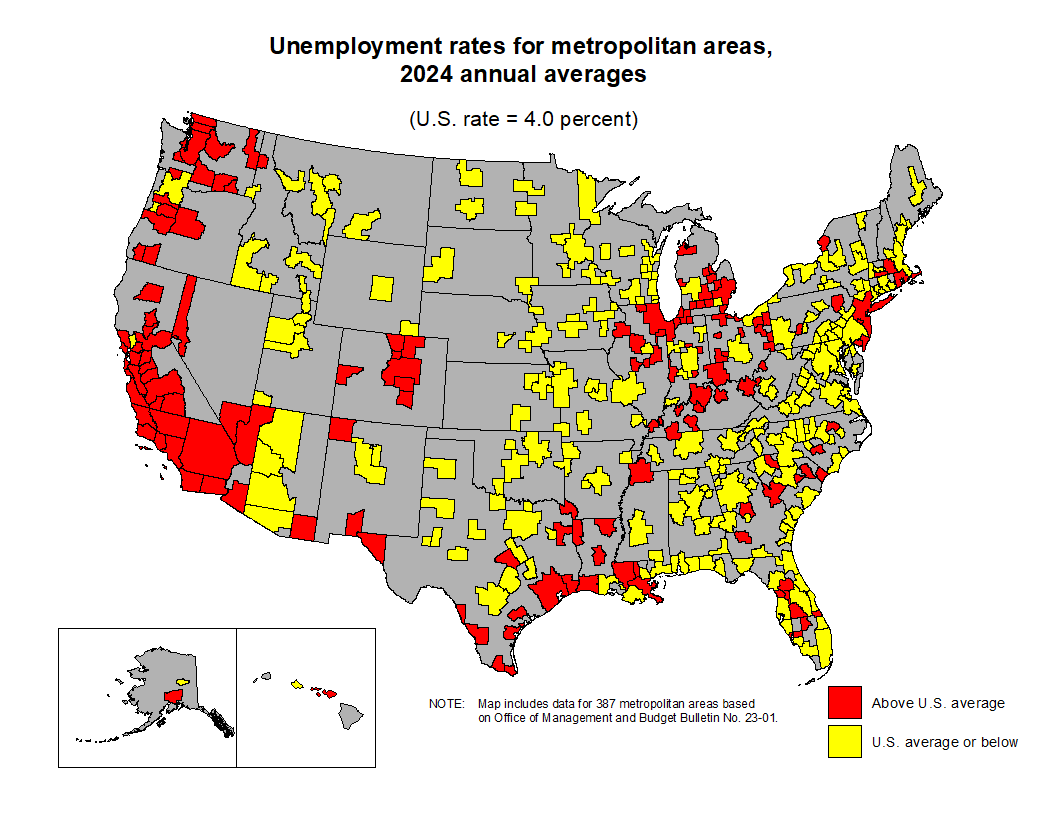Benefits of Raising The Minimum Wage.
One common system of solving unemployment is raising the minimum wage, Ravi Batra, in his book End Unemployment Now: How to Eliminate Joblessness Debt, and Poverty Despite Congress explains the theory that, “Productivity is the main source of supply and wages are the main source of demand, and the rise in the gap creates… overproduction and layoffs” (Batra 7). Through this book, Batra is explaining to the reader is the simplest terms how he believes the economics of waged labor works. If productivity is the supply and wages are the demand, then when supply (productivity) outperforms demand there becomes a surplus of goods (profit), and businesses are able to rely on less labor and pay lower wages creating unemployment. For instance, if MacDonald’s, a large chain restaurant, was to pay their workers 5 dollars an hour to complete 10 dollars’ worth of work, then a surplus is created per worker, though let’s say customers are only going to spend 40 dollars’ worth of burgers an hour, so as the business owner, to make money you cut your fifth worker to become profitable. This cutback creates people who are jobless and are demanding wages, even if they are at lower prices, further driving up the surplus and creating more joblessness. Batra's theory is that if you are able to increase the minimum wage, this cycle will not happen, because the minimum wage lowers the gap between supply and demand.
 |
| Correlation Between Areas With High Minimum Wage and Unemployment |
 |
Benefits Of Lowering The Minimum Wage
The second strategy thought to solve unemployment through a minimum wage is to stop raising it, or even slowly lowering it. There are clearly defined problems with lowering the minimum wage, however, a productive method would be keeping the minimum wage where it is and slowly letting the economy and inflation devalue it. A study in Seattle shows that when confronted with a minimum wage hike; businesses, “Cut their payrolls, putting off new hiring, reducing hours or letting their workers go” (Toggle.com). The study shows that increases in the minimum wage in an area eventually lead to unemployment and poverty. There are two main reasons for this phenomenon, prices for living in the area would go up, and as shown in Seattle, businesses would downsize to compensate and try to get more productivity out of workers. For instance, a jar of honey would cost around 160,000 dollars if bees received minimum wage, and a business forced to pay that would fail. Along with businesses not being able to afford an enforced wage they also will be less competitive with foreign marketplaces. This is why China has such a dominance in the global marketplace, they have low minimum wages and low unemployment. When more foreign and domestic business is attracted through the lower operating cost people will be able to make more money for their labor and will pay more for workers and hire more of them. Also, the cost of living in the area would remain stagnant so poverty would decrease. This decreased poverty allows for more individual purchasing, increased demand for labor, and in effect strengthens the economy and decreased unemployment.
Glossary:
Demand- Want for a stock of an item, in this instance that would be a wage.
Surplus- Extra Stock, in this case, it would be productivity.
Works Cited
Batra, Raveendra N. End Unemployment Now: How to Eliminate Joblessness, Debt, and Poverty despite Congress. Palgrave Macmillan, 2015.
Ehrenfreund, Max. “A 'Very Credible' New Study on Seattle's $15 Minimum Wage Has Bad News for Liberals.” The Washington Post, WP Company, 26 June 2017, www.washingtonpost.com/news/wonk/wp/2017/06/26/new-study-casts-doubt-on-whether-a-15-minimum-wage-really-helps-workers/?noredirect=on&utm_term=.199f5b82f573.
Kiersz, Andy. “Here's Every US State's January Unemployment Rate.” Business Insider, Business Insider, 17 Mar. 2016, www.businessinsider.com/state-unemployment-map-january-2016-2016-3.
Lerner, Michele. “Find the Minimum Wage In Your State.” Bankrate, Bankrate.com, 18 Dec. 2017, www.bankrate.com/finance/jobs-careers/state-minimum-wage.aspx.
Millsap, Adam. “A Statewide $15 Minimum Wage Is A Bad Idea.” Forbes, Forbes Magazine, 10 Mar. 2017, www.forbes.com/sites/adammillsap/2017/03/10/a-statewide-15-minimum-wage-is-a-bad-idea/#5dca95595d4a.
“Pros and Cons of Raising Minimum Wage.” Toggl - Free Time Tracking Software, toggl.com/pros-and-cons-of-raising-minimum-wage/.
 Although music has many benefits for the brain and body
there are still harmful effects due to various factors. The most important negative
effect music has on the body and mind is based on the quality and type of
music. It is different for everyone, as a song that is upsetting to one person
may have no effect on someone else; a listener whose passions are strong, will
be influenced differently than a listener who is emotionally dull and
Although music has many benefits for the brain and body
there are still harmful effects due to various factors. The most important negative
effect music has on the body and mind is based on the quality and type of
music. It is different for everyone, as a song that is upsetting to one person
may have no effect on someone else; a listener whose passions are strong, will
be influenced differently than a listener who is emotionally dull and

